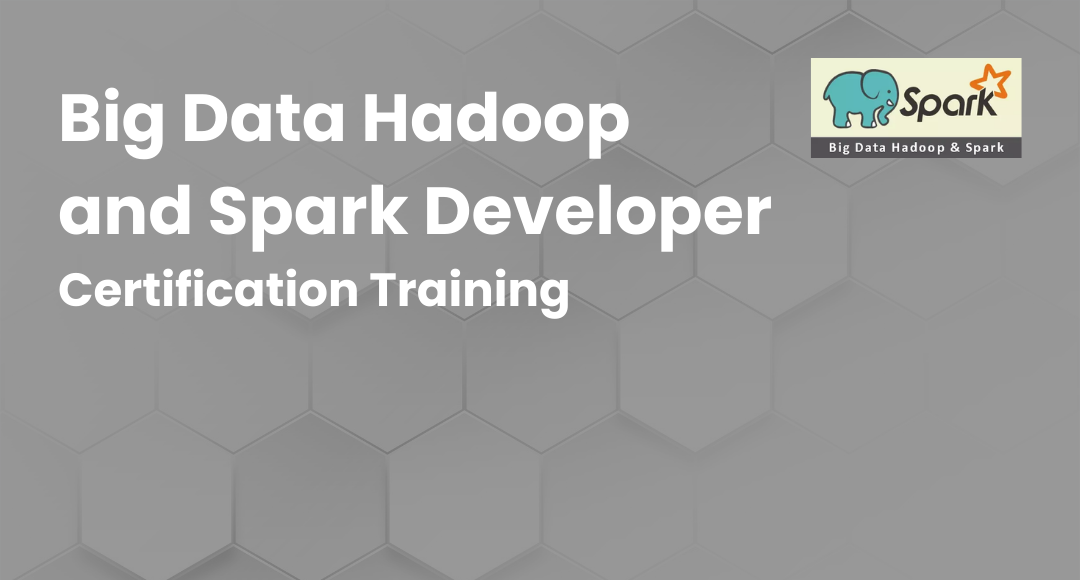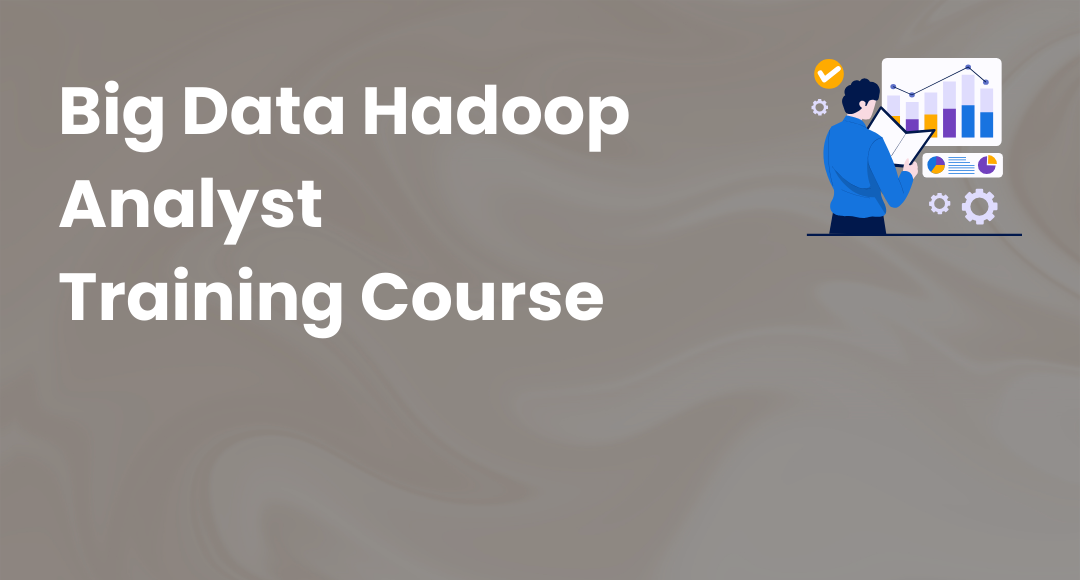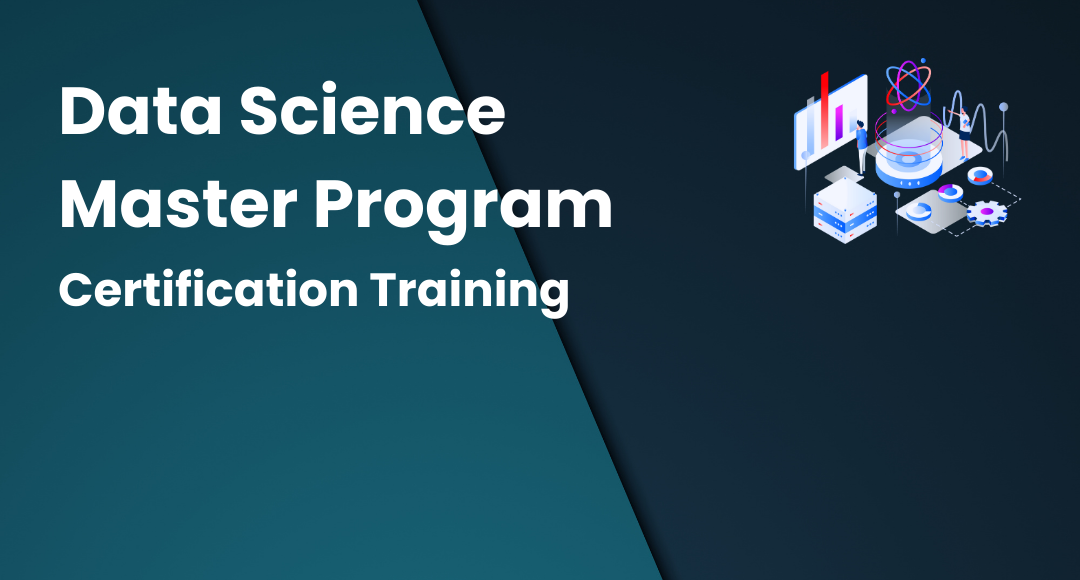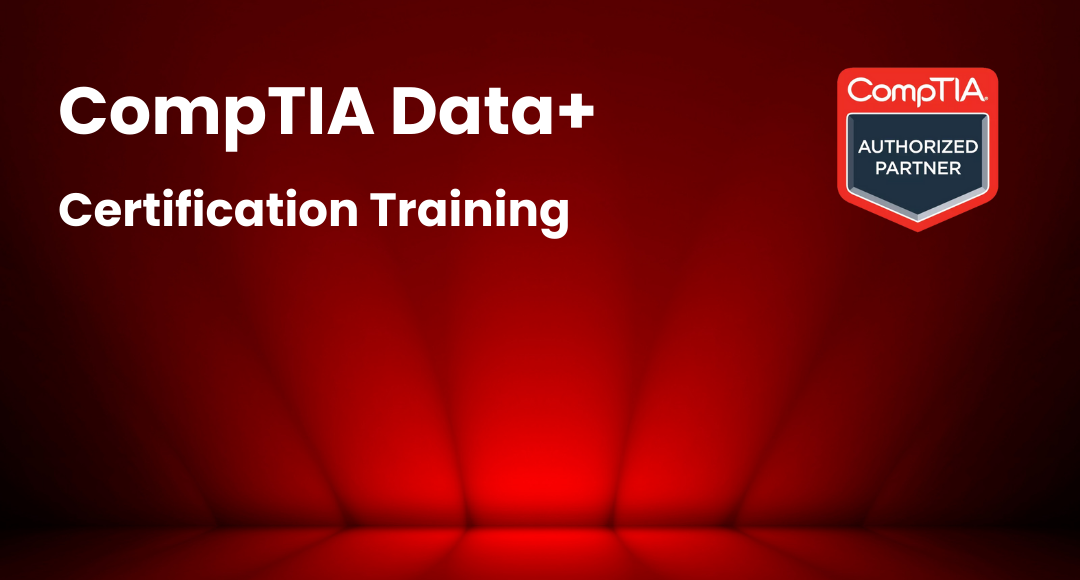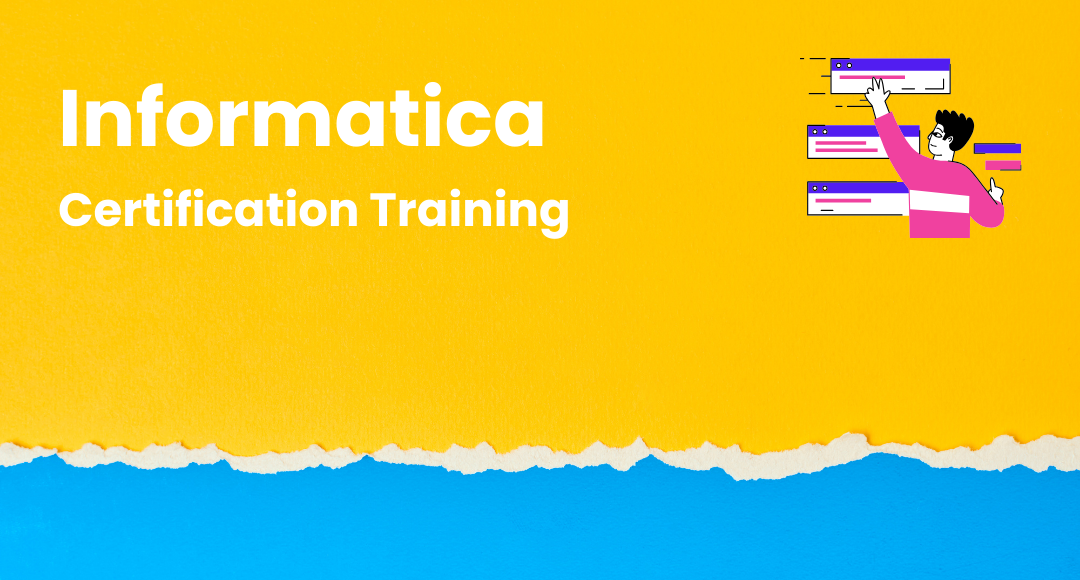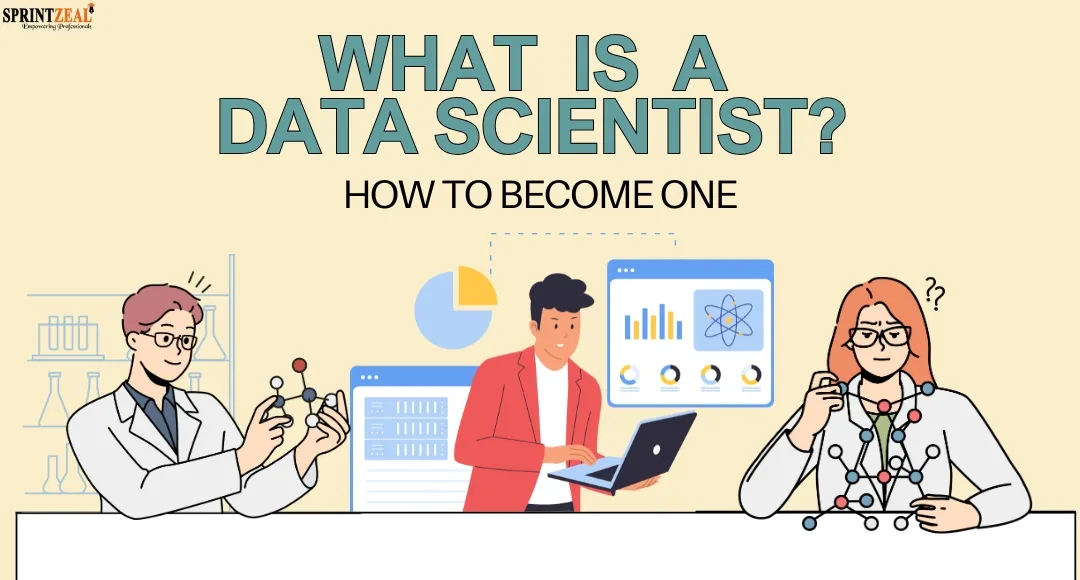What is Data Visualization? A Comprehensive Guide
-
 By Afra Noorain
By Afra Noorain - Published on Apr 8 2024

Table of Contents
What is Data Visualization?
Data visualization is an important tool that turns complex data into clear, easy-to-understand visuals. It converts information into charts, graphs, or maps that display hidden trends and patterns. Data storytelling takes more than just visuals; it should also make data straightforward and unforgettable. Our brains process visuals more quickly than text, which means it is easier to understand data.
A carefully considered chart can show patterns and trends that the human brain would overlook while examining text. It is critical to share one’s findings with colleagues, clients, or others with no technical background using data presentation. This way, everybody can see the entire survey and make better decisions.
Important Types of Data Visualization
The right data visualization unlocks your data's potential. It translates complex information into a clear story, boosting understanding and driving smart decisions
Line graphs
A line graph shows trends and development over time, demonstrating values across continuous measurements. It helps forecast future outcomes and is useful for displaying multiple categories over time.
Column charts
Column charts are a popular data visualization technique for comparing data sets across time, displaying total figures and trends, often combined with line charts for better understanding.

Pie charts
Pie charts represent a constant number through categories, displaying numerical quantities in percentages. They serve various applications, such as customer types, product revenues, and country profits, but may not be suitable for complex information.
Bar Chart
Bar charts visually represent numerical data sets along two axes, comparing categories or subjects. They can be drawn vertically or horizontally, demonstrating relationships and changes over time.
Heat Maps
Heat maps leverage color gradients on a two-dimensional grid. This visual technique aids in identifying patterns, which is especially valuable for geospatial analysis
Scatter Plot
Scatter plots are data visualization techniques that examine the correlation between variables, identifying trends or correlations. They represent data points as dots on a two-dimensional graph, which is particularly useful for large data sets.
Bubble Chart
Bubble charts are a variation of scatter plots, using bubbles to represent data points and varying their size to represent a third variable, enabling simultaneous visualization of relationships.
Funnel Chart
Funnel charts track user flow through a process. By depicting decreasing values, they reveal potential drop-off points.
What are the Benefits of Data Visualization?
Data visualization is versatile and applicable across various fields, such as public policy, finance, and more. The benefits of data visualization are as follows:
Effortless Comparison: Data visualization simplifies comparing multiple variables. Imagine analyzing sales trends against demographic changes. Charts make it easy to spot correlations hidden in raw data.
Anomaly Detection: Visual representations can reveal unexpected data points (anomalies) that might indicate errors or unusual events. For example, a heat map could show a region with a sudden spike in inactive customers, prompting an investigation into potential reporting issues.
Enhanced Communication: Visual data is more engaging and easier to understand for everyone, even those without a technical background. It eliminates the need to decipher rows of numbers or lengthy reports.
Faster Information Processing: Visuals expedite understanding of complex data sets, allowing people to grasp key points and draw conclusions quickly.
Improved Learning: Visual aids stimulate the brain and enhance learning. They clarify information and make the learning process more engaging.
Trend Identification: Visual representations highlight trends and patterns within data that might be missed in spreadsheets. This empowers informed decision-making.
Boosted Productivity: Data visualization tools help process large amounts of information, enabling quicker and more informed business decisions and ultimately improving productivity.
Top Data Visualization Tools
There are numerous data visualization tools, each with its own unique strengths and weaknesses. Some of the top contenders include:
Tableau: user-friendly, drag-and-drop for clear & interactive visualizations (charts, maps, dashboards).
Microsoft Power BI: Focuses on business intelligence, reports, dashboards, and machine learning predictions. Integrates with Microsoft products (Excel).
QlikView: Well-established player offering in-depth analysis, enterprise reporting, and business intelligence features.
D3.js: a powerful JavaScript library for customization and variety. Requires coding knowledge; pre-built options simplify for non-programmers.

Sisense: user-friendly with drag-and-drop dashboards and real-time data access. Strong for big data but may have limitations in time formats and visualizations.
Plotly: Integrates with Python/R for complex visuals. Collaborative (create, share, modify charts).
Datawrapper: A free, journalist-friendly tool for interactive charts and maps in news articles (limited data sources, copy-paste).
Choosing the right tool depends on factors like ease of use, features, budget, and data source compatibility. With the right tool, you can transform data into actionable insights.
Conclusion
In today's data-rich environment, data visualization reigns supreme in unlocking insights. By transforming complex datasets into clear visuals, it unveils hidden patterns and trends. As data explodes, these tools become crucial across diverse fields. Whether you are a data pro or a beginner, numerous resources empower you to master this valuable skill. Remember, successful data visualization transcends aesthetics; it is about effectively narrating the data's story.
Are you considering a career in data visualization? Certifications like Big Data Hadoop and Spark Developer can equip you with valuable industry-recognized skills.
Explore more options at Sprintzeal's all-course page, and connect with their course experts to find the training best suited for your career goals. Stay updated by subscribing to the newsletters for insights and trends.
FAQs
Why is data visualization important?
Data visualization simplifies data analysis in large data sets, enabling clear communication of results and enhancing business efficiency by presenting information.
How do I learn data visualization?
Sprintzeal's training program offers data visualization skills, focusing on statistics, design principles, and other popular tools combining theory and practice.
What does a data visualization specialist do?
Data Visualization Specialists are experts in statistics and visualization tools, transforming large data sets into statistical business data for visually representing important information.
Subscribe to our Newsletters
Popular Programs
Trending Posts
What is Hadoop – Understanding the Framework, Modules, Ecosystem, and Uses
Last updated on Apr 17 2023
What is Big Data Analytics? - A Beginner's Guide
Last updated on Dec 28 2022
Top 10 Best Data Science Frameworks: For Organizations
Last updated on Apr 11 2024
How to Become a Data Scientist - 2026 Guide
Last updated on Jul 22 2022
What Is a Data Scientist? Salary, Skills, and How to Become One
Last updated on Dec 11 2025
Top Database Interview Questions and Answers
Last updated on Mar 8 2024
Categories
- Other 68
- Agile Management 48
- Cloud Computing 53
- Project Management 171
- Big Data 65
- Business Management 86
- Digital Marketing 76
- IT Service Management 29
- Programming Language 56
- AI and Machine Learning 72
- IT Security 110
- Quality Management 78
- IT Hardware and Networking 25
- Microsoft Program 4
- Workplace Skill Building 12
- Risk Management 9
- Information Security 8
- Leadership and Management 7
- Corporate Training and Development 1
Trending Now
Big Data Uses Explained with Examples
ArticleData Visualization - Top Benefits and Tools
ArticleWhat is Big Data – Types, Trends and Future Explained
ArticleData Science vs Data Analytics vs Big Data
ArticleBig Data Guide – Explaining all Aspects 2026 (Update)
ArticleData Science Guide 2026
ArticleData Science Interview Questions and Answers 2026 (UPDATED)
ArticlePower BI Interview Questions and Answers (UPDATED)
ArticleData Analyst Interview Questions and Answers 2026
ArticleApache Spark Interview Questions and Answers 2026
ArticleTop Hadoop Interview Questions and Answers 2026 (UPDATED)
ArticleTop DevOps Interview Questions and Answers 2026
ArticleTop Selenium Interview Questions and Answers 2026
ArticleWhy Choose Data Science for Career
ArticleDevOps Engineer Interview Questions - Best of 2026
ArticleSAS Interview Questions and Answers in 2026
ArticleDevOps Engineer - Career path, Job scope, and Certifications
ArticleHow to Become a Data Scientist - 2026 Guide
ArticleHow to Become a Data Analyst
ArticleBig Data Project Ideas Guide 2026
ArticleWhat Is Data Encryption - Types, Algorithms, Techniques & Methods
ArticleHow to Find the Length of List in Python?
ArticleHadoop Framework Guide
ArticleWhat is Hadoop – Understanding the Framework, Modules, Ecosystem, and Uses
ArticleBig Data Certifications in 2026
ArticleHadoop Architecture Guide 101
ArticleData Collection Methods Explained
ArticleData Collection Tools - Top List of Cutting-Edge Tools for Data Excellence
ArticleWhat is DevSecOps and its Importance
ArticleTop 10 Big Data Analytics Tools 2026
ArticleKafka vs Spark - Comparison Guide
ArticleDevOps Career Guide 2026
ArticleData Processing - A Beginner's Guide
ArticleData Structures Interview Questions
ArticleData Analysis guide
ArticleData Integration Tools and their Types in 2026
ArticleWhat is Data Integration? - A Beginner's Guide
ArticleData Analysis Tools and Trends for 2026
ebookA Brief Guide to Python data structures
ArticleWhat Is Splunk? A Brief Guide To Understanding Splunk For Beginners
ArticleBig Data Engineer Salary and Job Trends in 2026
ArticleWhat is Big Data Analytics? - A Beginner's Guide
ArticleData Analyst vs Data Scientist - Key Differences
ArticleTop DBMS Interview Questions and Answers
ArticleTop Database Interview Questions and Answers
ArticlePower BI Career Opportunities in 2026 - Explore Trending Career Options
ArticleCareer Opportunities in Data Science: Explore Top Career Options in 2026
ArticleCareer Path for Data Analyst Explained
ArticleCareer Paths in Data Analytics: Guide to Advance in Your Career
ArticleA Comprehensive Guide to Thriving Career Paths for Data Scientists
ArticleData Visualization Strategy and its Importance
ArticleTop 10 Best Data Science Frameworks: For Organizations
ArticleData Science Frameworks: A Complete Guide
ArticleFundamentals of Data Visualization Explained
Article15 Best Python Frameworks for Data Science in 2026
ArticleTop 10 Data Visualization Tips for Clear Communication
ArticleHow to Create Data Visualizations in Excel: A Brief Guide
ebookHow to repair a crashed MySQL table?
ArticleTop PySpark Interview Questions and Answers for 2026
Article5 Popular Data Science Careers That Are in Demand
ArticleTop Data Warehouse Interview Questions to Crack in 2026
ArticleData Modeling Interview Questions and Answers 2026
ArticleWhat Is a Data Scientist? Salary, Skills, and How to Become One
ArticleTop Companies Hiring for Data Science: Explore Data Scientist Jobs
Article
